Russian nuclear-powered submarines reached US coast undetected: Commander
A division of Russian nuclear-powered submarines has reportedly carried out a drill near American military bases close to the US coast without being detected, a Russian commander says.
“This mission has been accomplished, the submarines showed up in the set location in the ocean and returned to base,” Sergei Starshinov, commander of a division of Akula-class, Shchuka-B submarines, said on Zvezda, the official TV channel of the Russian Ministry of Defense.
The date and location of the mission was not disclosed, but the channel said the Russian submarines “reached the very coastline of the US.”
The commander did not mention the specific submarines involved, but the channel noted they were part of Project 971 of the Northern Front fleet.
Asked if the submarines could evade US radars, Starshinov said, “Yes. This is our objective – to come and go undetected.”
The Navy commander noted that the nuclear-powered vessels came “close enough” to the US coast, but did not violate US maritime borders, remaining in neutral waters.
Shchuka-B submarine is capable of launching Kalibr or Granat cruise missiles, engaging in battles with underwater targets with its 553-mm torpedoes, and staying submerged for up to 100 days.
According to Russia Today, the Russian Navy is currently modernizing several Shchuka-B submarines.
The news comes as ties between Moscow and Washington have plummeted to levels not seen since the Cold War due to the two countries’ disputes over the crises in Ukraine and Syria and after US officials accused Russia of meddling in the 2016 US presidential election.

Russia says the US is planning to deploy some 400 anti-ballistic missiles on Russia’s doorstep as part of its military buildup in Eastern Europe.
Last year, the US for the first time deployed Patriot long-range anti-aircraft missiles to the Baltics to be used in large-scale NATO military drills in Lithuania near Russia's border.
Following the ouster of pro-Russia President Viktor Yanukovych in February 2014, people in the Black Sea peninsula of Crimea voted for reunification with the Russian Federation in a referendum held in March 2014.
The US and its allies in Europe brand the reunification as annexation of the territory by Russia, accusing Moscow of having a major hand in the crisis in eastern Ukraine, an accusation strongly rejected by the Kremlin.
Western countries have levied broad economic sanctions against Moscow over its support for pro-Russia forces in eastern Ukraine and Crimea’s reunification with Russia.
In late 2016, Washington alleged that Russia had influenced the US presidential election in November that year to help Donald Trump get elected, an allegation that Russia strongly denied.
Russia and the US are also at odds over the Syrian crisis, as they are backing opposite sides in the conflict.
Russia has been offering military advisory support to the Syrian government in its battle against extremist militants, while the US and its allies back Takfiri militants fighting to topple Syrian President Bashar al-Assad.
Hamas: Death of leader in Israeli jail amounts to murder
EU sends €1.5 billion to Ukraine from frozen Russian assets
VIDEO | Millions of Yemenis rally for Gaza, call for more anti-Israel operations
UN chief calls for Olympic truce as games begin in Paris
Paris Olympics begin as sports world reeling from loss of 400 Palestinian athletes in Gaza war
Iran warns ‘sworn enemies’, says sidekicks of US, Israel ‘displaced’ with bloody hands
New British govt. bends, drops plan to challenge ICC over Netanyahu arrest warrant
Tehran: Israel anti-Iran claim at Olympics aims to divert world attention from Gaza genocide



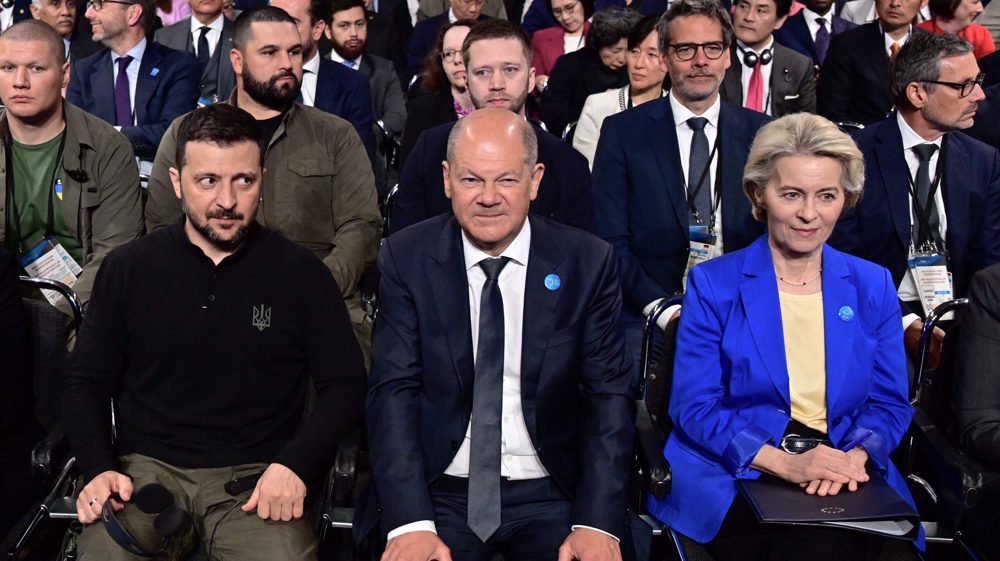
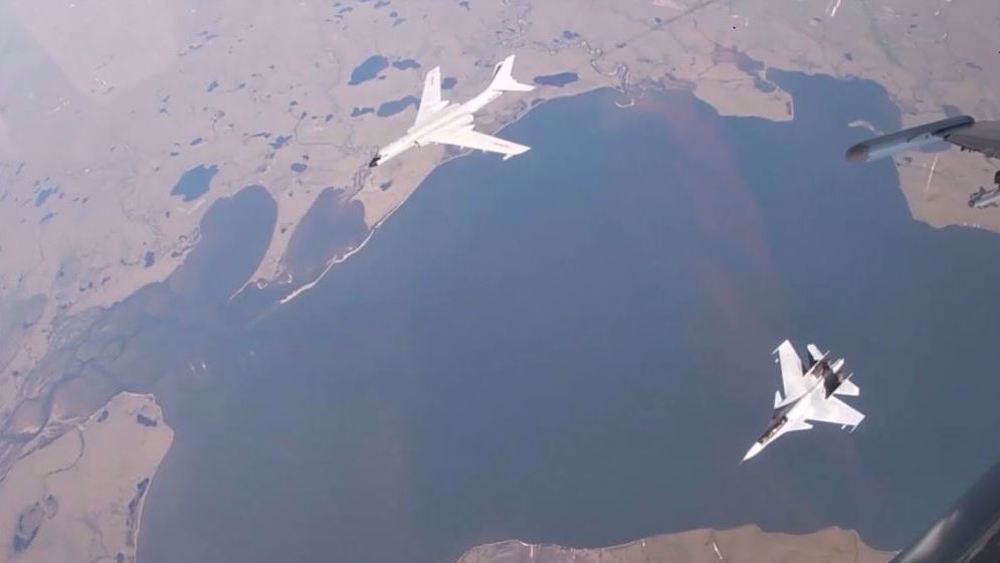
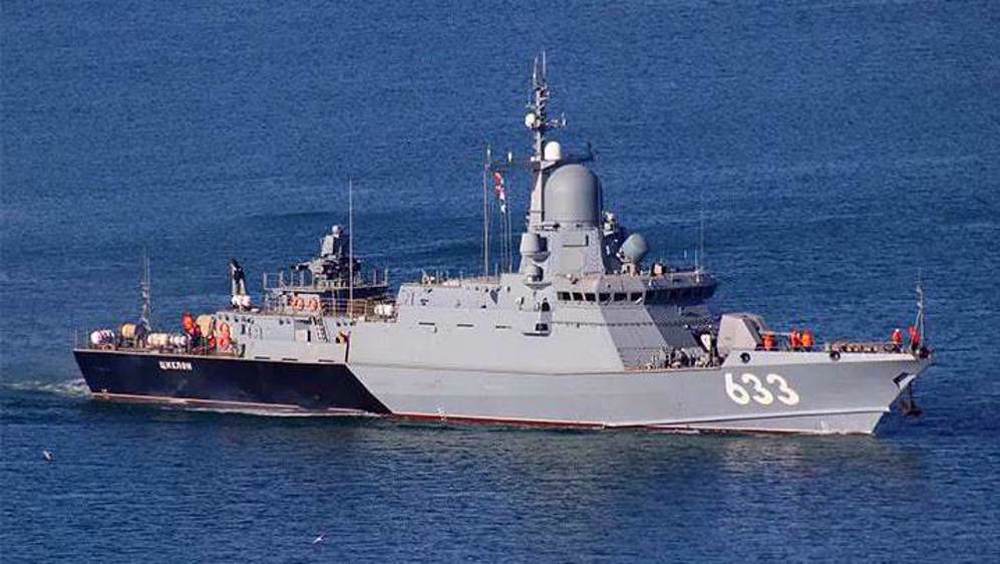



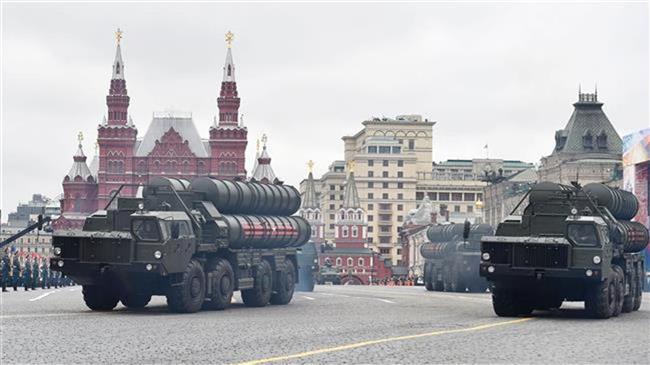
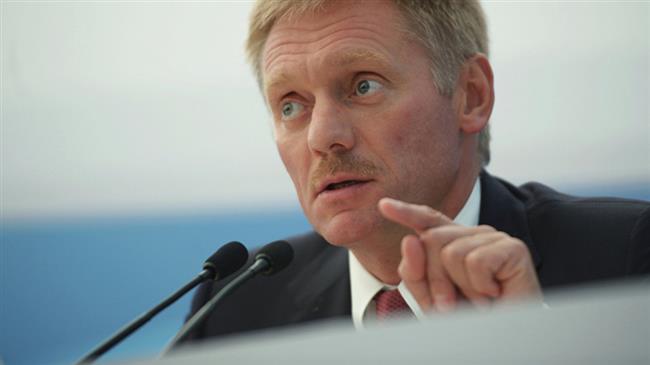

 This makes it easy to access the Press TV website
This makes it easy to access the Press TV website